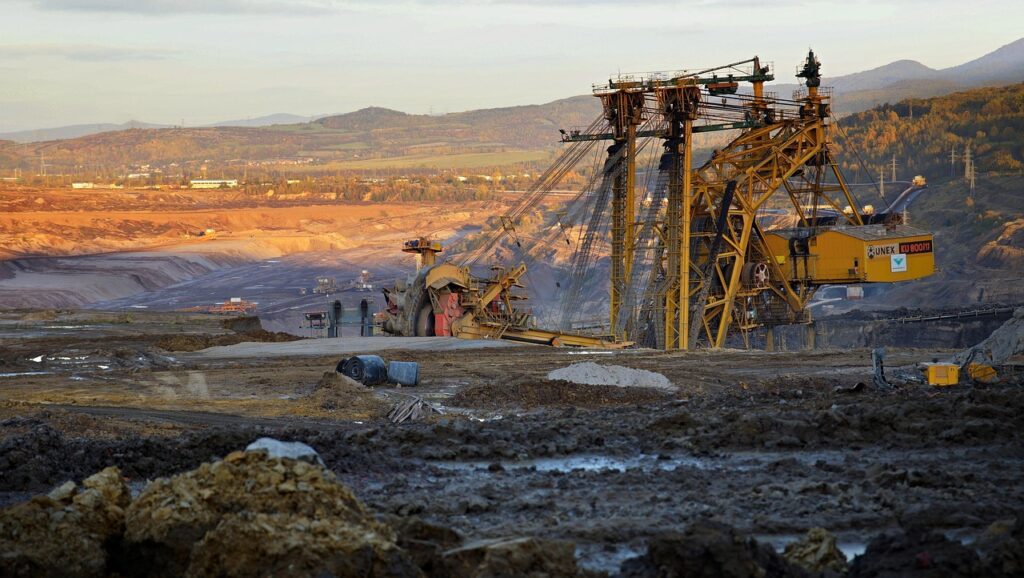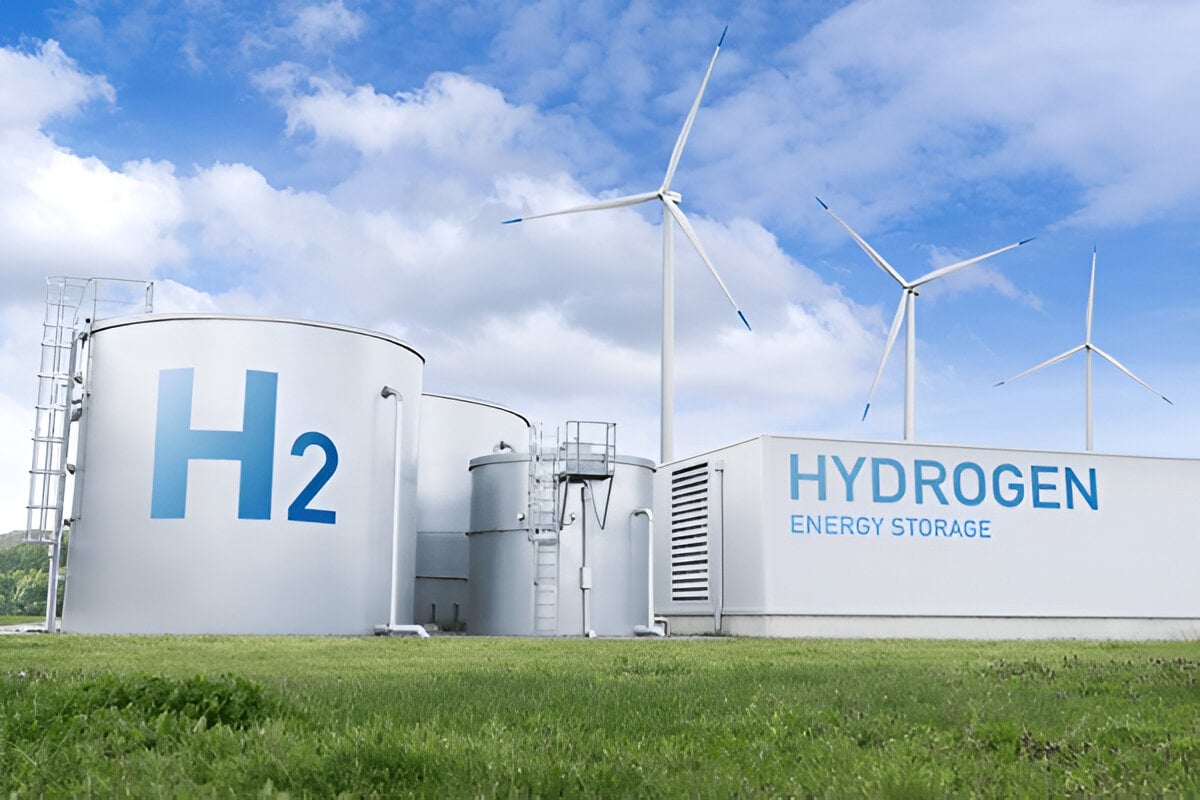Objective
The mandate was to assess the technical, commercial, and environmental viability of establishing the world’s first eco-friendly copper refinery in the United Kingdom. The project aimed to leverage innovative, low-carbon refining processes, align with the UK’s decarbonisation targets, and address both market demand and environmental stewardship.
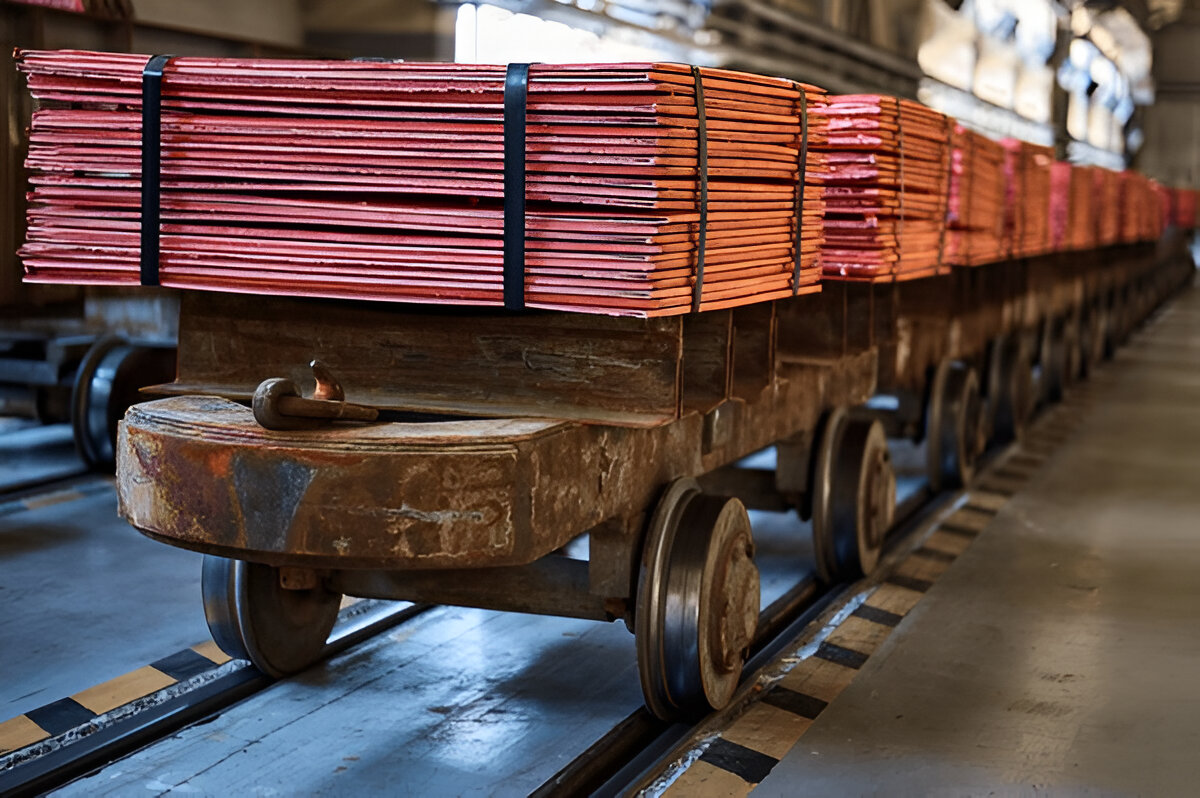
Our approach
We conducted a comprehensive prefeasibility study using the PESTLE framework, covering:
Market Analysis – Global copper supply-demand, price trends, trade flows, and UK’s role in the value chain.
Technology Benchmarking – Compared conventional vs. eco-friendly refining technologies on efficiency, emissions, scalability, and costs.
Site Suitability & GIS Modelling – Shortlisted optimal UK sites based on ports, grid, land, environmental constraints, and community acceptance.
Regulatory & Stakeholder Review – Assessed regulations, permits, incentives, socio-economic impacts, and regional development alignment.
Financial Modelling – Built CAPEX/OPEX and revenue forecasts with sensitivity to prices, carbon costs, and green financing.
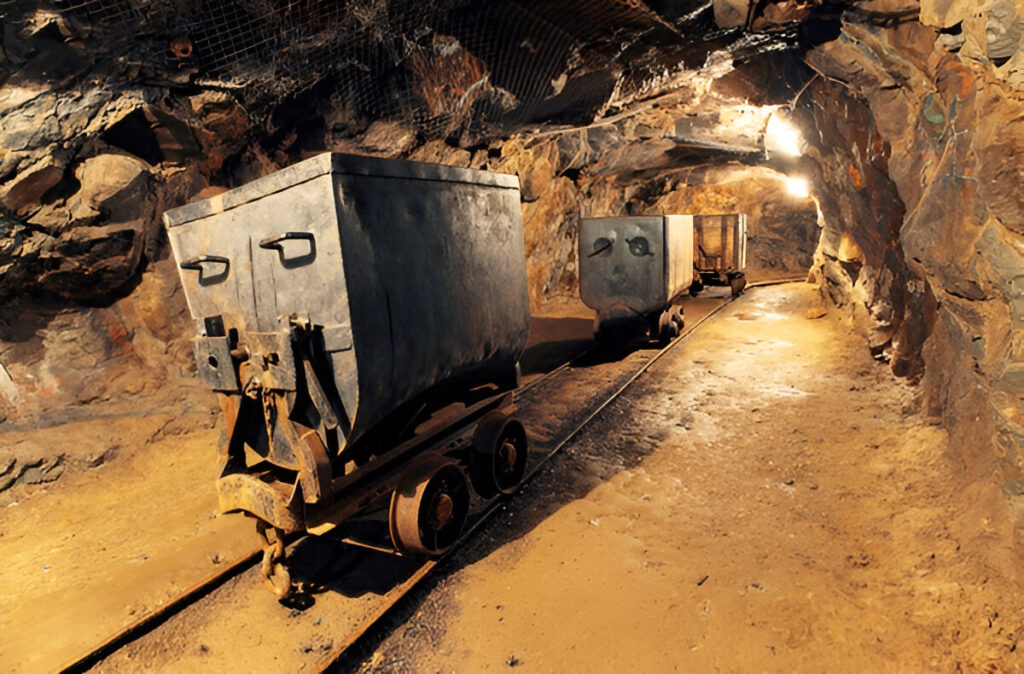
Impact
The prefeasibility study equipped the client with a clear decision-making framework and actionable insights, including:
- A shortlist of high-potential sites ranked by technical feasibility, cost-effectiveness, and environmental impact.
- Technology selection guidance highlighting the most sustainable and economically viable refining processes.
- Financial projections with base, best-case, and downside sensitivity scenarios to inform investment strategy.
- A roadmap for partner engagement and regulatory approval, detailing key milestones, stakeholder management strategies, and funding opportunities.
By combining market intelligence, geospatial analysis, and sustainability metrics, the study positioned the client to emerge as a pioneer in low-carbon copper refining, capable of setting new industry benchmarks in environmental responsibility and operational efficiency.
